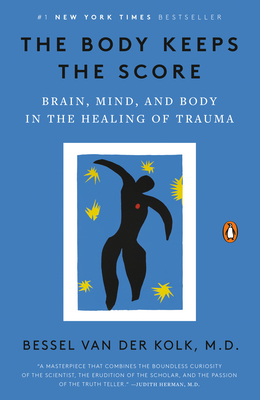
Changing How We Think about Difficult Patients: A Guide for Physicians and Healthcare Professionals
Description
Physicians enter their professions with the highest of hopes and ideals for compassionate and efficient patient care. Along the way, however, recurring problems arise in their interactions with some patients that lead physicians to label them as "difficult." Some studies indicate that physicians identify 15% or more of their patients as "difficult." The negative feelings that physicians have toward these patients may lead to frustration, cynicism, and burnout.
Changing How We Think about Difficult Patients uses a multi-tiered approach to bring awareness to the difficult patient conundrum, then introduces simple, actionable tools that every physician, nurse, and caregiver can use to change their mindset about the patients who challenge them. Positive thoughts lead to more positive feelings and more effective treatments and results for patients. They also lead to more satisfaction and decreased feelings of burnout in healthcare professionals.
How does this book give you an advantage?
Caring for difficult patients poses a tremendous challenge for physicians, nurses, and clinical practitioners. It may contribute significantly to feelings of burnout, including feelings of exhaustion, cynicism, and lost sense of purpose. In response, Dr. Naidorf offers a pragmatic approach to accepting patients the way they are, then provides strategies for providers to find more happiness and satisfaction in their interactions with even the most challenging patients and families.
Here are just some of the topics the author discusses in detail:
- What Makes a "Good" Patient?
- The Four Core Ethical Principals of the Clinician-Patient Relationship
- The Four Models of the Physician-Patient Relationship
- What Challenges Anybody with Illness or Injury?
- How "Good" Patients Handle the Challenges of Illness and Injury
- Six Common Reactions to Illness and Hospitalization
- On "Taking Care of the Hateful Patient"
- Standards for Education in Medical Ethics
- De-escalation Strategies
- Cultural, Structural, and Language Issues
- Types of Patients Who Tend to Challenge Us
- The Think, Feel, Act Cycle
- Recognizing Our Preconceived Thoughts
- Three Common Thought Distortions About Patients
- Asking Useful Questions
- Getting Out of the Victim Mentality
- Guiding our Thoughts Through a Common Scenario
- Show Compassion, Feel Compassion
If you're a healthcare provider or caregiver, Changing How We Think about Difficult Patients will give you the benefit of understanding your most challenging patients, and a roadmap to positively changing your mindset and actions to better deliver care and compassion for all.

